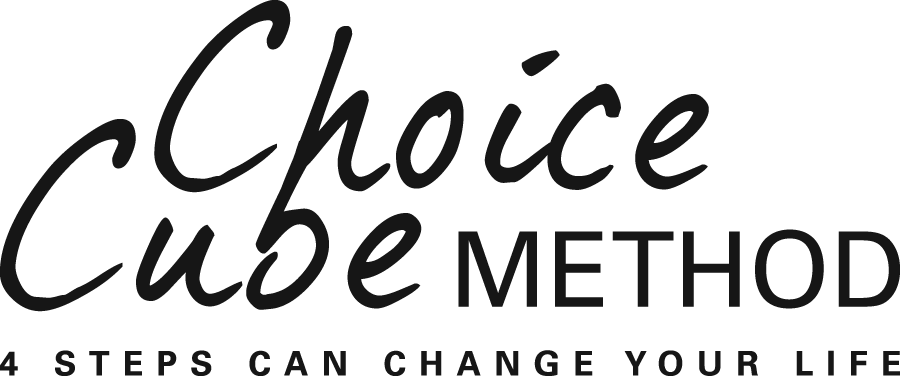Keld Jensen, Contributor
Albert Einstein’s IQ was estimated at 160, Madonna’s is 140, and John F. Kennedy’s was only 119
IQ tests measure logical reasoning ability and technical intelligence.
BUT. . . .only 15% of your financial success and professional achievement is due to your IQ. 85% is due to your personality and ability to communicate, negotiate, and lead.
EQ, MQ, and BQ scores are as important as IQ scores in predicting success and professional achievement.
You should strengthen your:
- · EQ = Emotional Intelligence
- · MQ = Moral Intelligence
- · BQ = Body Intelligence
Their significance is far greater than IQ.
1. EMOTIONAL INTELLIGENCE
EQ is about staying aware of your own feelings and those of others.
- · Regulating your feelings and other people's feelings
- · Expressing emotions that are appropriate to the situation
- · Self-motivation
- · Building relationships
Top Tip for Improvement: First, become aware of your inner dialogue. (the Victim-Victimizer talk in your head) It helps to keep a journal of what thoughts fill your mind during the day. Stress can be a huge killer of emotional intelligence, so you also need to develop healthy coping techniques that can effectively and quickly reduce stress in a volatile situation.
2. MORAL INTELLIGENCE
MQ deals with your integrity, responsibility, sympathy, and forgiveness. The way you treat yourself is the way other people will treat you.
- · Keeping commitments
- · Maintaining your integrity
- · Being honest
Top Tip for Improvement: Make fewer excuses and take responsibility for your actions. Avoid little white lies. Show sympathy and communicate respect to others. Practice acceptance and show tolerance of other people’s shortcomings. Forgiveness is not just about how we relate to others; it’s also how you relate to and feel about yourself.
3. BODY INTELLIGENCE
BQ, or body intelligence, reflects what you know about your body, how you feel about it, and take care of it. Your body is constantly telling you things;
- · Do you listen to your body signals or ignore them?
- · Are you eating energy-giving or energy-draining?
- · Are you getting enough rest?
- · Do you exercise and take care of your body?
Your body intelligence absolutely affects your work because it largely determines your feelings, thoughts, self-confidence, state of mind, and energy level.
Top Tip For Improvement: At least once a day, listen to the messages your body is sending you about your health. Actively monitor these signals instead of going on autopilot. Good nutrition, regular exercise, and adequate rest are all key aspects of having a high BQ. Monitoring your weight, practicing moderation with alcohol, and making sure you have down time can dramatically benefit the functioning of your brain and the way you perform at work.
WHAT YOU REALLY NEED TO SUCCEED
It doesn’t matter if you did not receive the best academic training from a top university. A person with less education who has fully developed their EQ, MQ, and BQ can be far more successful than a person with an impressive education who falls short in these other categories.
Yes, it is certainly good to be an intelligent, rational thinker and have a high IQ; this is an important asset. But you must realize that it is not enough. Your IQ will help you personally, but EQ, MQ, and BQ will benefit everyone around you as well. If you can master the complexities of these unique and often under-rated forms of intelligence, research tells us you will achieve greater success and be regarded as more professionally competent and capable.
WHICH TYPE OF INTELLIGENCE IS MOST IMPORTANT TO SUCCESS?
Emotional Intelligence - Being aware of your own feelings and those of others, regulating these feelings in yourself and others, using emotions that are appropriate to the situation, self-motivation, and building relationships.
Moral Intelligence - Integrity, responsibility, sympathy and forgiveness.
Body Intelligence - Your body intelligence largely determines your feelings, thoughts, self-confidence, state of mind, and energy level.
Emotional Intelligence, Moral Intelligence and Body Intelligence are all equally important.






